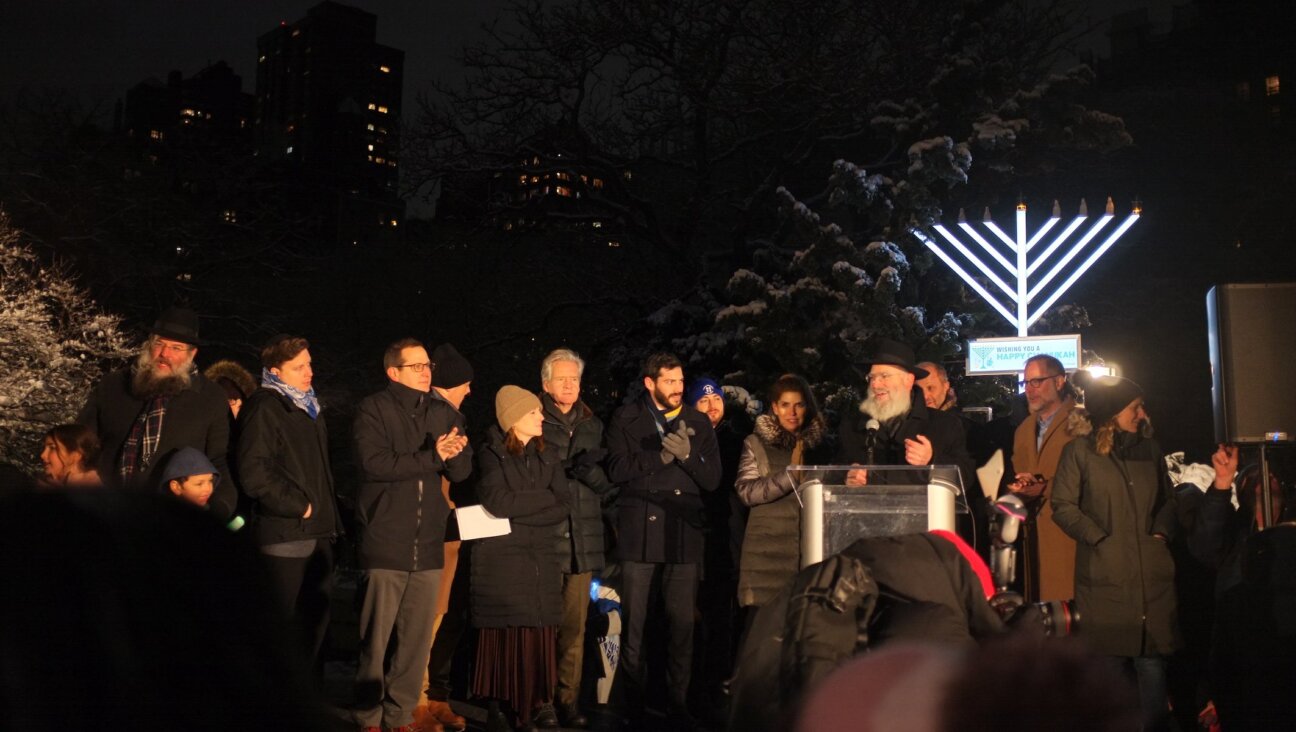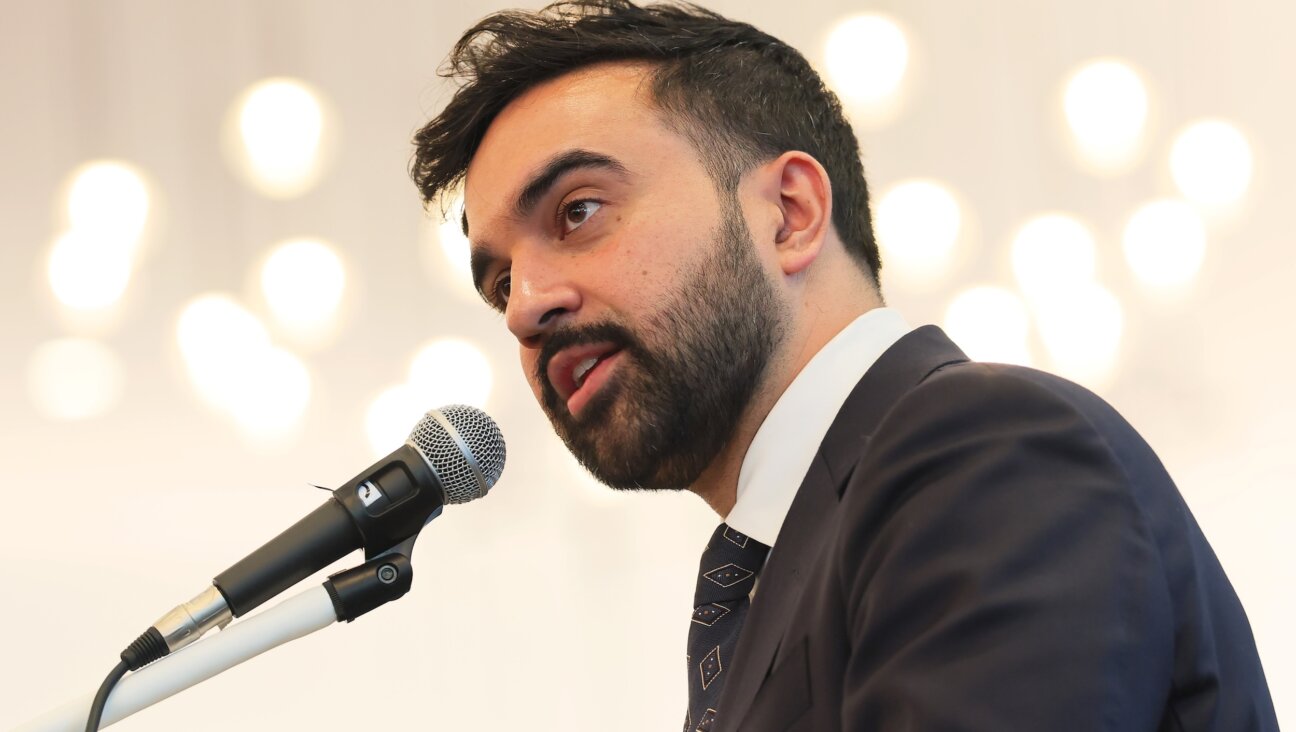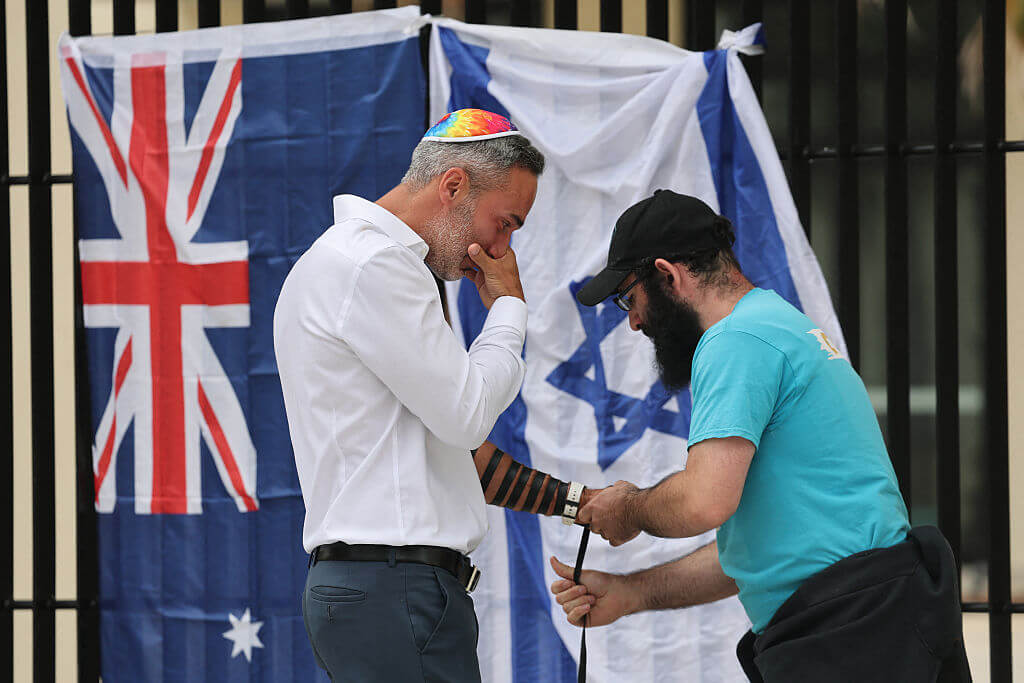Hillary Clinton, Ehud Barak Expected at U.N. Mideast Summit
Defense Minister Ehud Barak and U.S. Secretary of State Hillary Clinton will apparently participate in a tripartite meeting on Middle East peace in New York on Tuesday.
U.S. President Barack Obama will meet Prime Minister Benjamin Netanyahu and Palestinian President Mahmoud Abbas on the sidelines of the United Nations General Assembly in New York, for a meeting all sides have declared would unlikely bring about an immediate resumption of peace negotiations.
The U.S. State Department said Monday that the Obama administration was prepared to engage at the “highest levels” to bring about a lasting regional peace in the Middle East.
While the U.S. has downplayed any “grand expectations” for the upcoming trilateral summit, the State Department has characterized any steps toward achieving such a goal as “helpful and valuable.”
“This is exactly what they plan to do tomorrow in New York,” said State Department spokesman Ian Kelly. “I think it’s – as the White House said over the weekend, it’s also an indication of the president’s own deep commitment to finding a way forward to this comprehensive peace, and it shows that he is personally engaged in the effort.
“It really shows that we are ready to engage at the highest levels of our government to try and bring about something that we?ve all wanted, that all sides have wanted, for decades, and that?s a lasting regional peace,” added the spokesman. “But I’m not going to tell you what necessarily we expect to achieve out of this.”
White House spokesman Robert Gibbs told reporters on Monday that Obama was looking to “continue to build on progress” in regional talks. “We have no grand expectations out of one meeting,” said Gibbs.
The meeting has been seen in Israel as a success for Netanyahu, who has refused to agree to a demand from the U.S. and the Palestinians for a total halt to West Bank settlement construction.
The Palestinians say the meeting will not constitute negotiations, since Abbas has refused to hold peace talks with Netanyahu until Israel freezes settlement construction.
Netanyahu’s spokesman said Monday that the prime minister would defend the expansion of West Bank settlements when he meets Obama and Abbas together.
“You have never heard the prime minister say he would freeze settlement building. The opposite is true,” Nir Hefetz told Army Radio when asked about the tripartite summit, which will take place on the sidelines of the United Nations General Assembly in New York.
“There are some politicians… who see halting building or ceding national territory or harming the settlements in Judea and Samaria as an asset, something that can help Israel,” Hefetz said. “Prime Minister Netanyahu cannot be counted among those people.”
Using Israel’s term for the West Bank, he added: “He sees the settlements in Judea and Samaria as a Zionist enterprise and the settlers in Judea and Samaria as his – our – brothers.”
Echoing Palestinian officials who have said the meeting during the UN General Assembly does not mean a return to a negotiating process that was suspended in December, Netanyahu ally Benny Begin said on Monday: “The summit will not mark a start to negotiations.”
The cabinet minister expressed frustration with pressure from the new White House administration on its key Middle East ally to meet a 2003 commitment to stop expanding settlements:
“The United States and European nations have let the Palestinians think they will be served whatever they want along with a side order of Israel’s head on a cheap McDonald’s platter,” he told Army Radio. “But this is not going to happen.”
Barak: Palestinians likely to miss ‘huge opportunity’ for statehood
Meanwhile, Defense Minister Ehud Barak said in comments published Monday that the Palestinians were likely to miss a “huge opportunity” for statehood due to their intransigence.
“I fear the Palestinians are going to miss a huge opportunity,” The New York Times quoted Barak as saying by telephone, in an article published one day before the meeting in New York.
“There is a president who says determinedly, ‘I am going to put my political capital into making sure there is an independent Palestinian state and solve all the core issues in two years.’ If we bear in mind Israel’s security needs and the demand that a final agreement means an end to the conflict, this is an opportunity that must not be missed,” Barak was further quoted as telling the paper.
Sources in the Prime Minister’s Bureau as well as the Obama administration have stressed that the summit is unlikely to result in a resumption of peace negotiations between the sides, because of differences over settlement construction and the framework of the peace process.
Late Sunday, Barak left for Washington, where he will meet with U.S. Secretary of Defense Robert Gates and National Security Adviser, General James Jones.
Barak, who is also a deputy prime minister, said in the interview that he would focus in Washington on maintaining Israel’s qualitative military edge, on Iran and on the Palestinians, the New York Times said.
The minister also reportedly said that concern about Iran remains a top priority and that Israel wants the diplomatic efforts being pursued by the Americans to be limited, well defined and followed by tough sanctions. He reiterated that he removes no option from the table, a reference to the possibility of a military assault on Iranian nuclear facilities, according to the paper.
Barak added that a central challenge for the United States now was how to handle the nuclear weapons of North Korea, the paper reported, because that would greatly influence Iran.
“North Korea is developing long-range missiles in the backyard of China and Russia and nothing happens to them,” he was quoted as saying. ?When the Iranian leadership asks themselves, ‘Should we be worried or just go through the ritual of defying and cheating?’ the answer depends on what happens to North Korea. A coherent move toward blocking nuclear proliferation should start with North Korea. It would have very positive ramifications for blocking Iran.”














